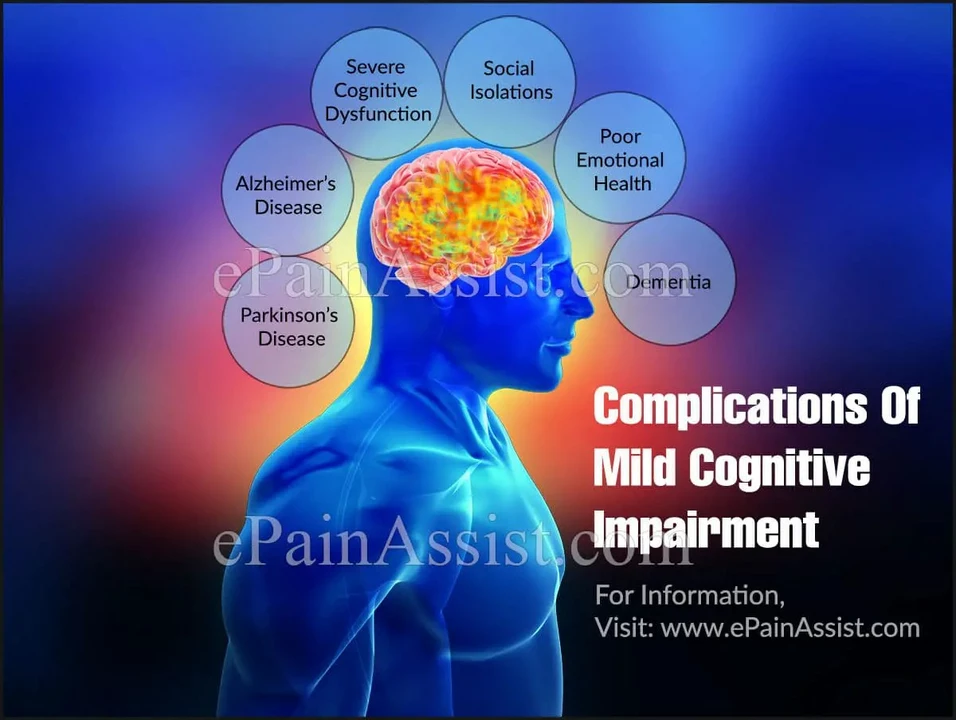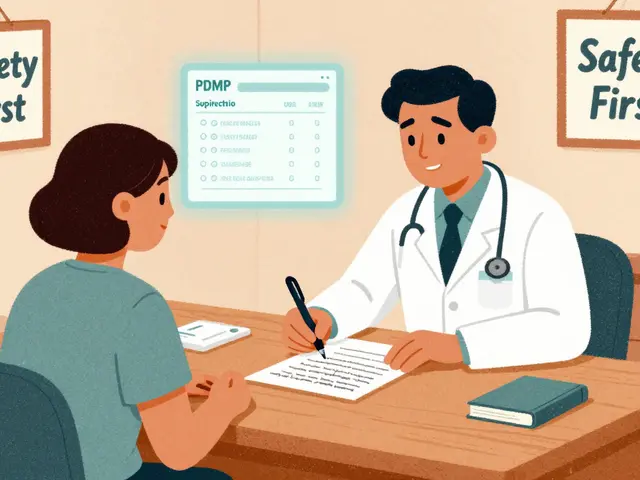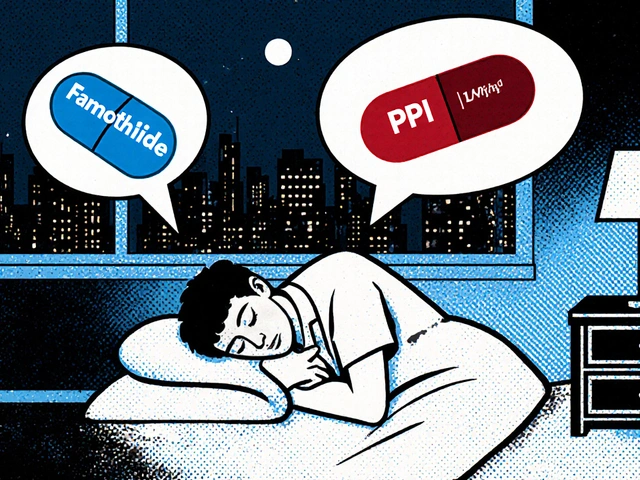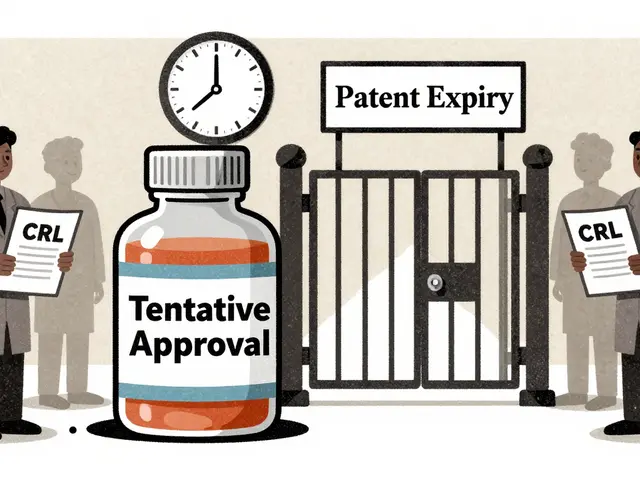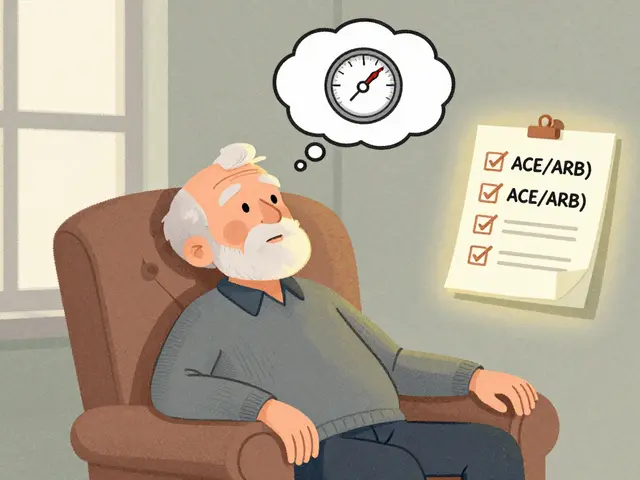Dementia: Recognize Signs, Take Action, and Manage Care
Memory slips happen to everyone, but dementia changes daily life. If a person forgets recent conversations, repeats questions, gets lost in familiar places, or struggles with routine tasks more and more, that could be dementia—not normal aging. Spotting early changes saves time and stress later.
Early signs and what to do
Start by watching clear patterns. Trouble with short-term memory, struggling to find words, poor judgment, mood swings, or losing track of time are common early clues. Write down specific examples—dates, missed appointments, or repeated incidents. That list helps your GP or specialist understand the problem.
Book a simple check with a family doctor. They will ask about symptoms, review medications, run blood tests (vitamin B12, thyroid) and may refer for a cognitive test or brain scan. Some medicines—like strong antihistamines, certain sleeping pills, or heavy pain meds—can cloud thinking. Ask the doctor or pharmacist to review every drug the person takes.
Early diagnosis matters. Some causes are treatable or reversible. Even when dementia itself can’t be cured, early assessment opens up treatment options, planning time, and support services that reduce crisis later.
Practical care steps and daily tips
Make the home safer and simpler. Remove loose rugs, add clear labels to cupboards, and keep commonly used items in the same spot. Small routines cut anxiety: consistent mealtimes, a simple morning checklist, and short walks can help mood and sleep.
Use clear, calm language. Give one instruction at a time and offer choices instead of open questions. For example, ask “Do you want the blue shirt or the green shirt?” rather than “What would you like to wear?”
Communicate with short sentences and gentle eye contact. If someone becomes agitated, step back, lower your voice, and try a distracting activity like looking at a photo album or putting on familiar music.
Medications can ease some symptoms. Doctors commonly use cholinesterase inhibitors (donepezil, rivastigmine, galantamine) for mild to moderate cases and memantine for later stages. These can help thinking or behavior for some people, but they aren’t a cure. Ask your clinician about benefits, side effects, and realistic expectations.
Plan practical matters early. Make decisions about driving, finances, and legal documents while the person can still participate. Set up a power of attorney and talk about future care wishes—having this done early reduces conflict later.
Find support. Local dementia groups, home care services, and respite options give carers a break and practical guidance. Online resources and forums help too, but always check that medical advice comes from trusted sites or clinicians. On Medipond.com you can read clear pieces about medications and care strategies relevant to dementia.
If you’re worried now: write specific examples, call your GP, and bring a close friend or family member to the appointment. Small steps now make day-to-day life easier and safer for both the person living with dementia and their carers.
